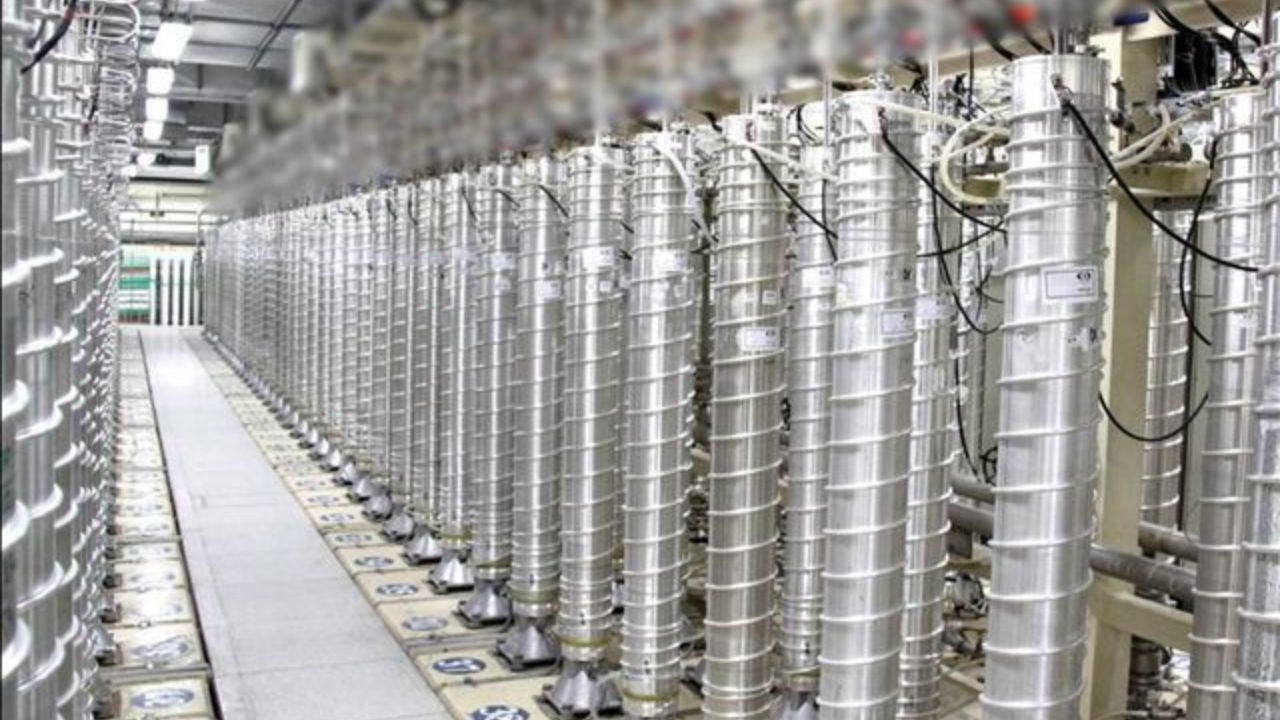The following are NIAC’s immediate takeaways on this weekend’s sabotage at the Natanz enrichment facility in Iran, which threatens to upend recent diplomatic progress toward restoring the JCPOA.
Key takeaways:
- A suspected explosion targeted the power station at Iran’s Natanz nuclear enrichment facility. Intelligence sources speaking to the New York Times blamed Israel and speculated that it could take “nine months to restore Natanz’s production.”
- The act of sabotage could derail diplomatic progress made last week on restoring the JCPOA and directly undermine America’s negotiating position. The JCPOA limited Iran to only enriching with the relatively primitive IR-1 centrifuge for 10 years and it appears this apparent explosion impacted these centrifuges at Natanz.
- Ali Akbar Salehi, the head of the Atomic Energy Organization of Iran, has said that “emergency power” to the facility has been restored and that the explosion only affected Natanz’s IR-1 centrifuges.
- Salehi said the affected centrifuges will be replaced by more advanced centrifuges “in the coming days” and that Natanz’s enrichment capacity will be 50% more than before in the “shortest amount of time.”
- The destruction and replacement of IR-1 centrifuges by more advanced centrifuges will be a setback for the U.S.’s negotiating position on the JCPOA.
- The IR-1s are old technology and enrich uranium at a slow pace. Iran’s more advanced centrifuges are far more efficient and will afford it increased nuclear leverage.
- A senior Biden administration official has denied any U.S. involvement in the Natanz incident, which happened as U.S. Defense Secretary Lloyd Austin is in Israel. It is unclear if the U.S. was given advanced warning of the alleged Israeli operation.
What’s the Context?
- The act of sabotage comes after diplomatic progress last week on talks to restore the JCPOA. Diplomats from Iran, the U.S., and the other JCPOA parties convened in Vienna and formed working groups on how each side can return to JCPOA compliance.
- The Vienna talks were described as constructive by all sides and are set to resume again this week. The Associated Press reports that the Natanz incident “threatens to upend” the Vienna talks and “further heighten regional tensions.”
- The act of sabotage is likely aimed at goading Iran into an over-reaction. Already, hardline voices within Iran are calling on Iran to end talks on returning to the JCPOA.
- Iran’s Foreign Minister Javad Zarif briefed parliamentarians on the Vienna talks today. Zarif said the Natanz incident will strengthen Iran’s negotiating position and emphasized that more advanced centrifuges will be installed at the facility.
- The explosion at Natanz is the latest act of alleged Israeli sabotage against the facility. Last summer, an explosion destroyed much of a building at the compound that was used to produce centrifuges. Iran’s response to that incident was relatively restrained and focused on expanding its nuclear program.
- Since last summer’s incident, Iran has begun construction on a more fortified centrifuge production facility under the mountains near Natanz.
- Iran has also begun enriching uranium at the 20-percent level, operationalized hundreds of the more advanced IR-2m centrifuges at the Natanz facility, and has installed hundreds of even more advanced IR-6 centrifuges at Natanz and Fordow.
- If past is precedent, Iran will follow through on its vow to install more advanced centrifuges at Natanz to replace the IR-1 centrifuges disabled by this weekend’s explosion.
- Sabotage and assassinations targeting Iran’s nuclear program have a track record of leading to escalation and nuclear fortification. Meanwhile, the ongoing diplomatic efforts to restore the JCPOA can achieve a sustainable rollback of the Iranian nuclear program.
